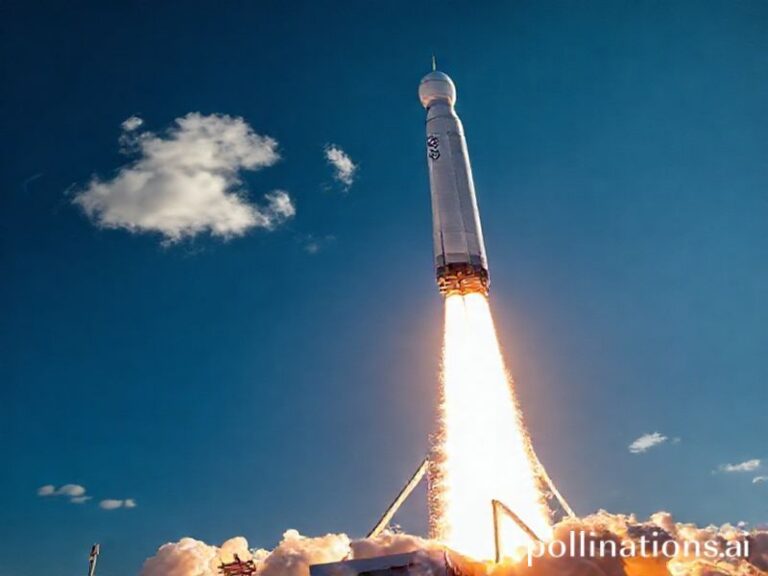Beto O’Rourke’s Political Resurrection: How America’s Groundhog Day Democracy Became the World’s Dark Comedy
**The Eternal Return of Beto O’Rourke: America’s Political Groundhog Day Goes Global**
In the grand theater of American politics, where sincerity and performance art have become indistinguishable, Beto O’Rourke has achieved something remarkable: he’s become the political equivalent of that friend who keeps announcing they’re “really leaving this time” at a party, only to be spotted by the punch bowl an hour later.
The former Texas congressman’s latest resurrection from political obsolescence—this time as a congressional candidate for Texas’s 23rd district—offers international observers a fascinating case study in American exceptionalism’s darker corners. While European democracies cycle through their own parade of recycled leaders, there’s something uniquely American about O’Rourke’s ability to transform electoral defeat into a personal brand, like a Silicon Valley startup that keeps getting funded despite never actually shipping a product.
For those watching from abroad, particularly in nations where political failure often carries more permanent consequences, O’Rourke’s career trajectory seems almost charmingly absurdist. Here is a man who has lost races for Senate, Governor, and President—a trifecta of rejection that would end most political careers—yet continues to find himself described in American media as a “rising star.” It’s as if the laws of political gravity operate differently in the United States, where losing elections somehow accumulates like airline miles toward future opportunities.
The global implications of this phenomenon extend beyond mere amusement. As democratic institutions worldwide struggle with legitimacy crises, the American model of celebrity politics—where policy expertise matters less than Instagram engagement—has proven disturbingly exportable. From Italy’s Berlusconi to Ukraine’s Zelensky, the template of the photogenic political novice has gone viral faster than a TikTok dance trend.
O’Rourke’s particular brand of performative authenticity—the skateboarding, the live-streaming dental appointments, the passionate arm-waving that suggests he’s perpetually conducting an invisible orchestra—represents the full commodification of political sincerity. It’s a routine that plays well in a media ecosystem where authenticity itself has become just another product to be focus-grouped and marketed.
The international community watches this spectacle with the morbid fascination of passengers observing someone repeatedly trying to feed a parking meter with Monopoly money. European diplomats, accustomed to politicians who at least pretend to have read their briefing books, find themselves explaining to their capitals why American democracy keeps producing candidates whose primary qualification seems to be owning multiple pairs of Converse sneakers.
What makes O’Rourke’s persistence particularly noteworthy is how it embodies America’s unique capacity for self-reinvention—or self-delusion, depending on one’s perspective. In an era where traditional career paths have crumbled across the globe, his chameleonic political identity offers a dark mirror to the gig economy’s promise that we can all be anything we want to be, reality notwithstanding.
The broader significance lies not in O’Rourke himself—who remains, despite his best efforts, a marginal figure in American politics—but in what his career reveals about the post-truth political landscape. In a world where attention has become the most valuable currency, actual achievement has been demoted to optional. The ability to generate headlines has replaced the ability to win elections as the primary metric of political relevance.
As O’Rourke embarks on yet another campaign, the international community can be forgiven for experiencing déjà vu. His persistence serves as a reminder that in the attention economy, even failure can be successfully monetized. It’s a uniquely American form of political alchemy—transforming electoral lead into media gold.
The rest of the world watches, calculates the odds, and quietly updates their models of democratic decline. Somewhere, a political scientist is already writing a paper about what this all means. The rest of us are just trying to figure out when the movie ends.







